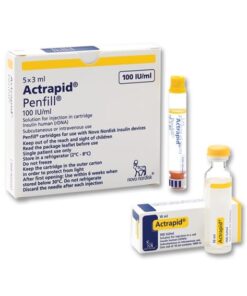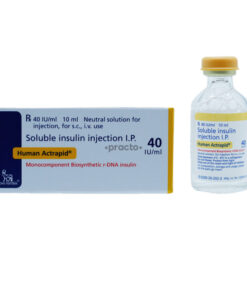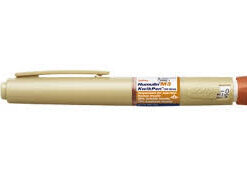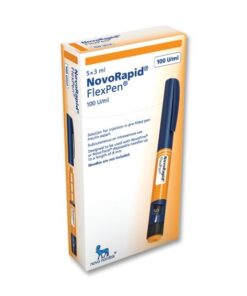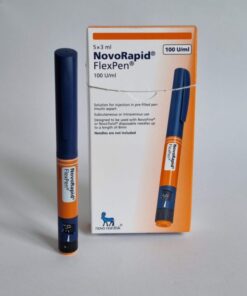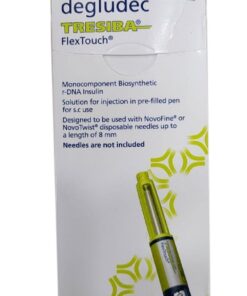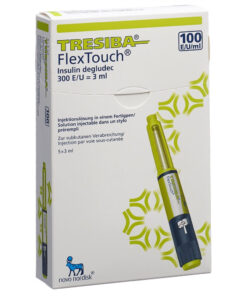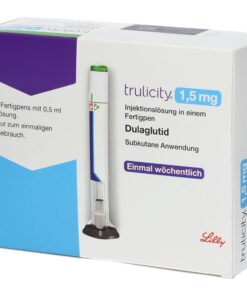What Are Diabetes Injections
Diabetes injections are essential tools for managing blood sugar levels in individuals with diabetes. These injections are primarily used for administering insulin, a hormone that regulates glucose in the bloodstream, or GLP-1 receptor agonists, a newer type of medication that aids in both blood sugar control and weight management.
Unlike oral medications, diabetes injections deliver medicine directly into the body, allowing for more effective and rapid glucose control. With the advent of modern devices like insulin pens and GLP-1 injectors, the administration of these medications has become easier, improving the lives of millions of people worldwide
Types of Insulin for Diabetes
There are several types of insulin, each designed to act at different times. Rapid-acting insulin starts working within minutes and is often taken before meals to manage postprandial glucose spikes. Long-acting insulin, on the other hand, works over a prolonged period, maintaining steady blood sugar levels between meals and during sleep. Some patients also use combination insulins, which blend rapid-acting and long-acting formulations to simplify their injection regimen.
Q1: What Are the Risks of Diabetes Injections?
A1: Diabetes injections can cause side effects such as hypoglycemia, injection site reactions, and weight changes. Working with a healthcare provider can minimize these risks.
Q2: How Often Do I Need Diabetes Injections?
A2: The frequency of injections depends on the type of medication and individual treatment plan. Insulin injections may be required several times daily, while GLP-1 agonists are often injected weekly.
Q3: Can Diabetes Injections Cure Diabetes?
A3: No, diabetes injections help manage blood sugar levels but do not cure the condition. Lifestyle changes and consistent medication are essential for long-term management.
Q4: Can I Travel with Diabetes Injections?
A4: Yes, but you need to plan ahead. Always carry your medication and supplies in your hand luggage, along with a doctor’s note and prescription.
Q5: Do I Need to Refrigerate My Diabetes Injections?
A5: Insulin and GLP-1 injections typically need refrigeration until opened. After opening, they can often be kept at room temperature for a limited time, depending on the medication.
Q6: What Should I Do If I Miss an Injection?
A6: If you miss a dose, follow your healthcare provider’s instructions. In some cases, you may need to inject as soon as you remember, while in others, you should wait until the next scheduled dose.
